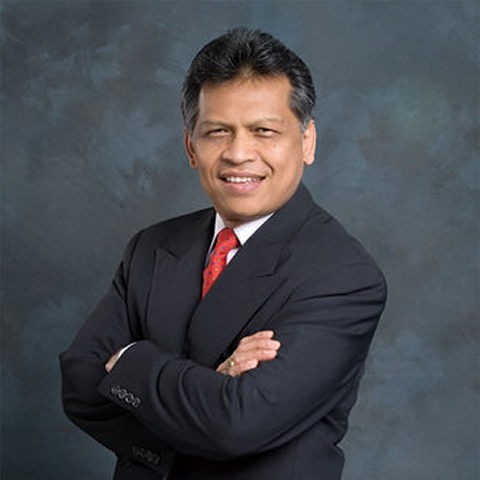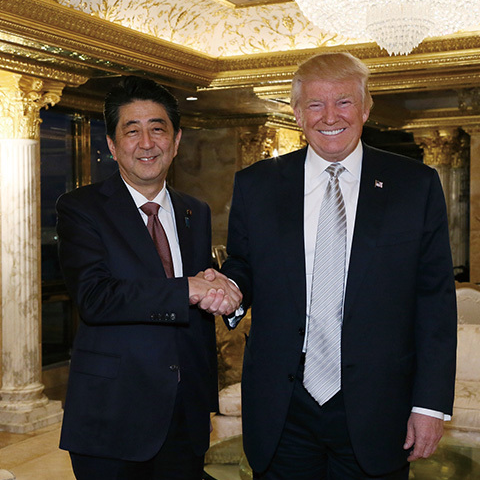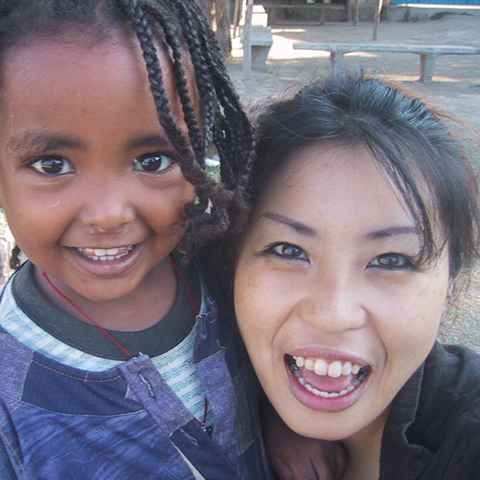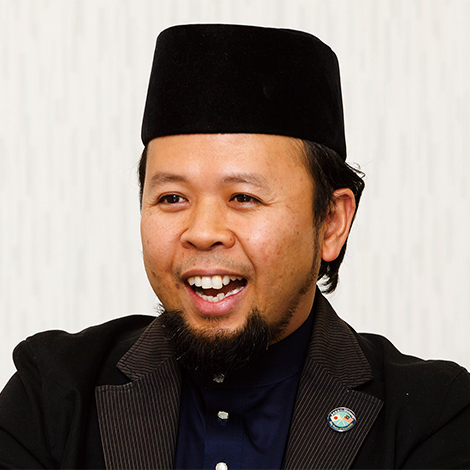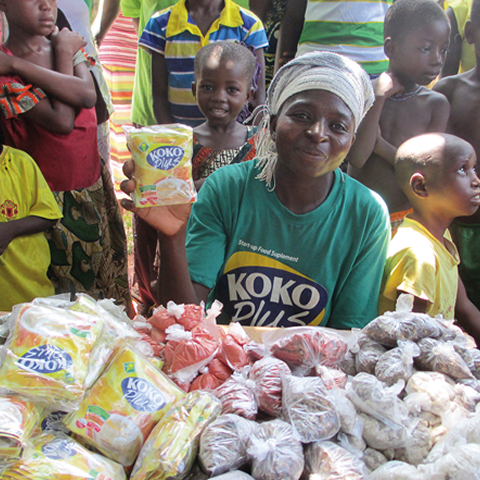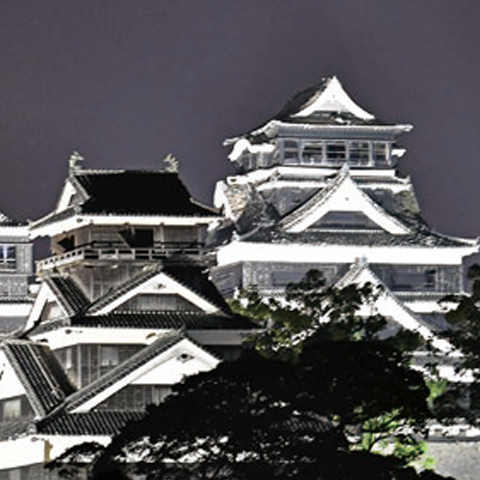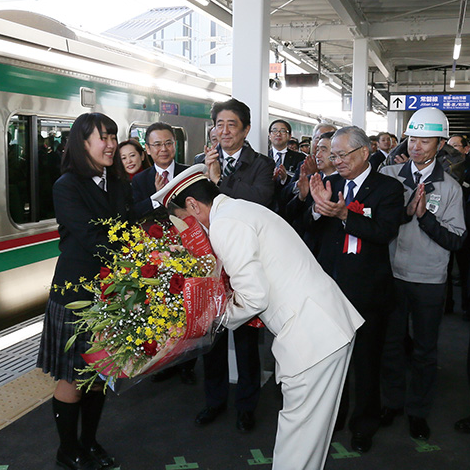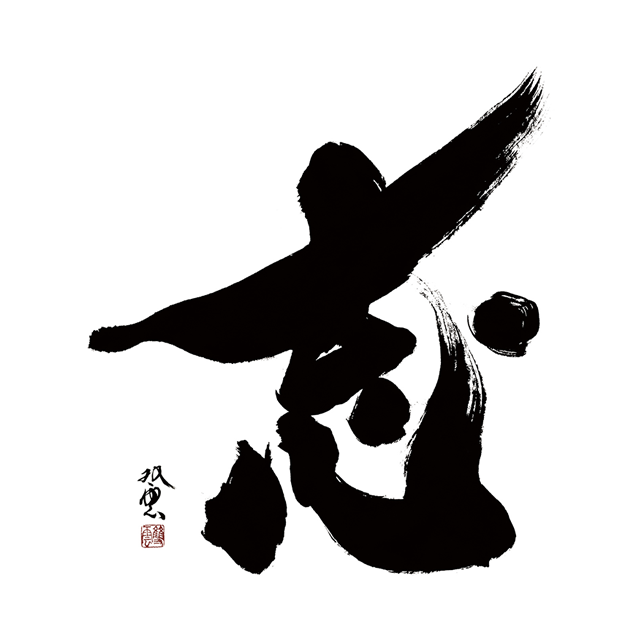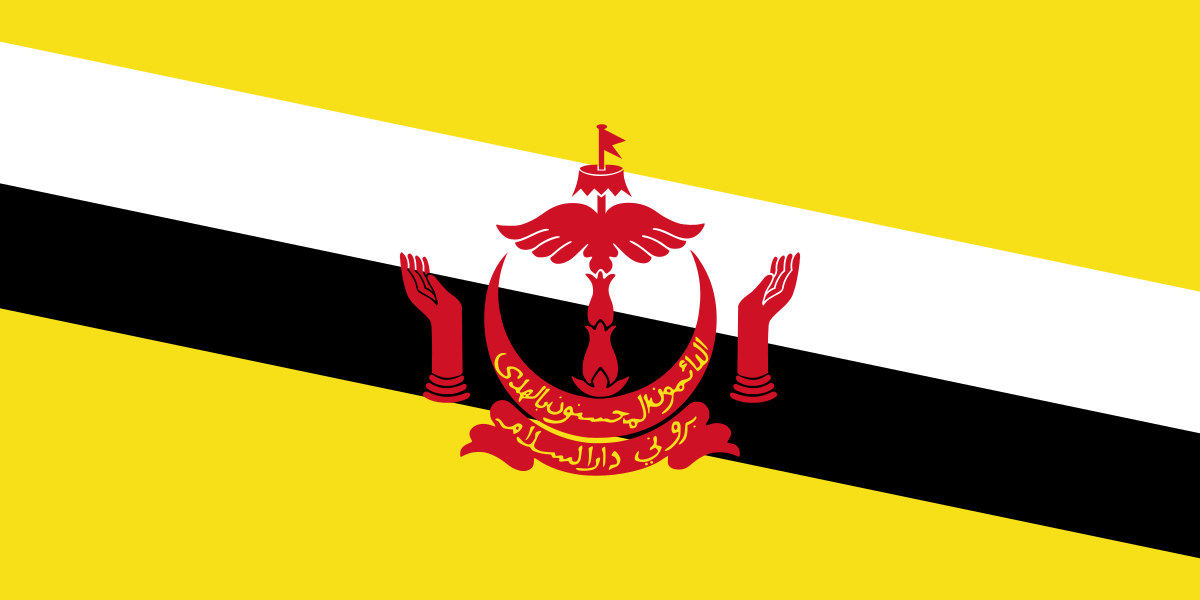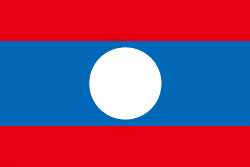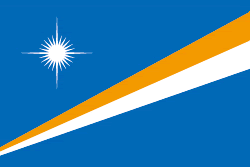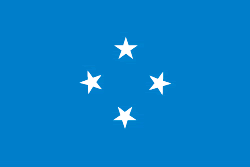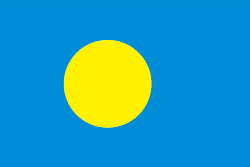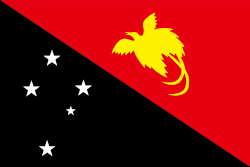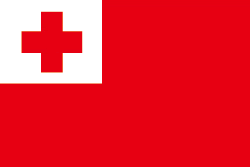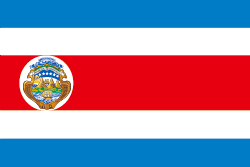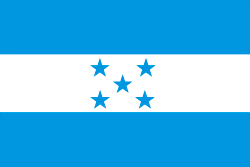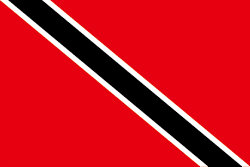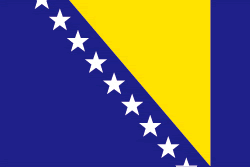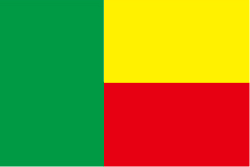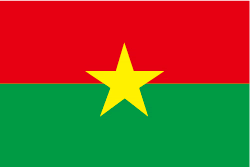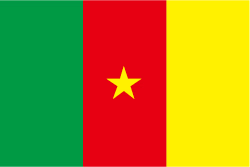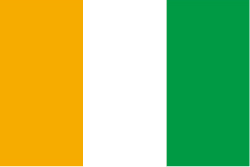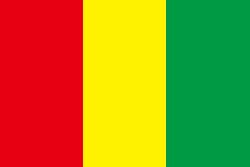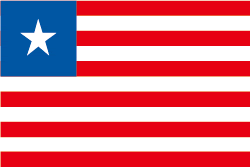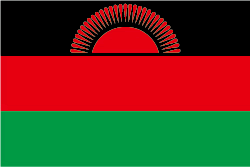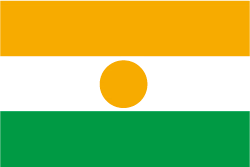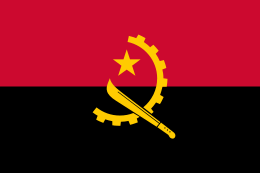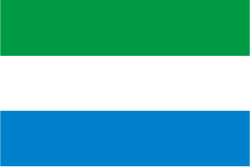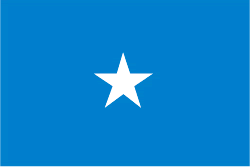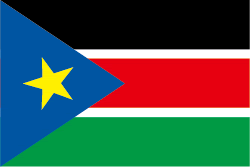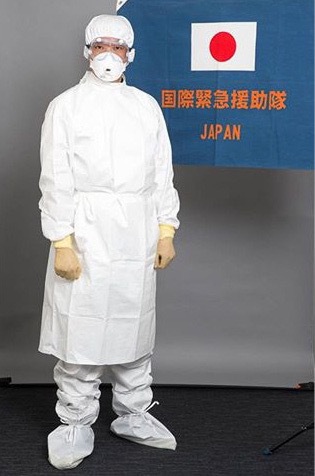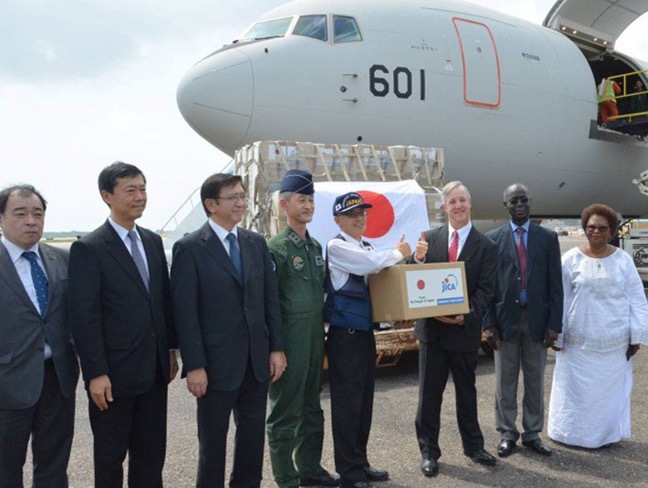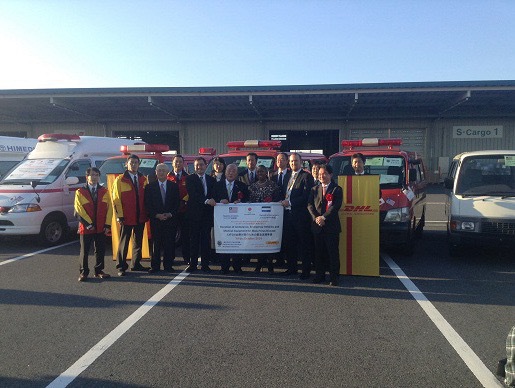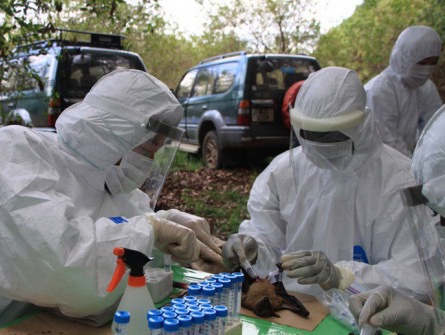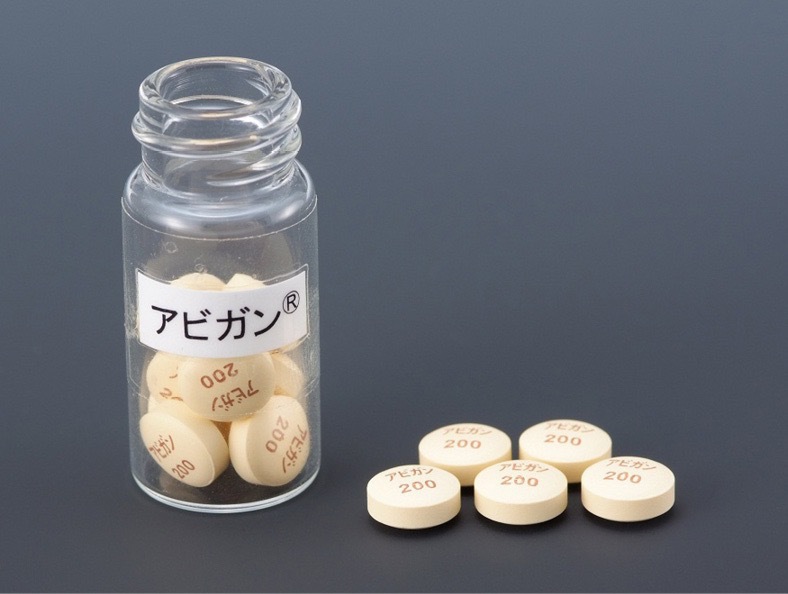The Ebola outbreak in West Africa is a threat to international peace and security. As a responsible member of global society, Japan is making every effort to fight against Ebola, including offering financial assistance, dispatching medical experts, and providing protective equipment, ambulances, beds, and other supplies.
Since April 2014, Japan has been providing financial assistance to West African nations and to international organizations to support their activities in the fight against Ebola. In the period from April to August, Japan sent a total of USD2.02 million in emergency grant aid and in the period from May to September USD2.16 million to Sierra Leone, Liberia, and Guinea through international organizations. In August and September, Japan delivered tents, blankets, and other emergency relief goods worth USD920,000 to those three countries.
At the United Nations General Assembly in September, Prime Minister Shinzo Abe promised an additional USD40 million in assistance, saying, “We must stop this outbreak any way we can. Japan is determined to put forth its best in the fight against the Ebola virus disease.” Japan is fulfilling the aid promise in the form of bilateral assistance and emergency grant aid through international organizations.
The Japanese government has been providing the affected countries with personal protective equipment (PPEs) donated by the Tokyo Metropolitan Government to protect medical personnel against infection from the Ebola virus; in October, 20,000 sets were sent to Liberia and Sierra Leone, and in November, 700,000 sets were sent to Guinea, Liberia, Sierra Leone and Mali, at a cost of USD8.5 million.
Furthermore, the Japanese government sent 13 ambulances and 95 hospital beds donated by Japanese local governments to Liberia and Sierra Leone, at the shipping cost of USD800,000.
Also in November, Japan announced a commitment to offer up to USD100 million in additional aid. To date, the total amount of aid pledged by Japan is USD155 million.
Through its involvement in the World Health Organization (WHO), Japan is also dispatching experts, including Dr. Yasuyuki Kato (introduced on the following page), doctors, nurses, and other private-sector experts who have been actively engaged in efforts to fight against Ebola. Japan has also dispatched Self-Defense Force personnel to the headquarters of U.S. Africa Command, based in Stuttgart, Germany, to support liaison activities, and a medical doctor from the Ministry of Foreign Affairs to the UN Mission for Ebola Emergency Response (UNMEER).
A Japanese pharmaceutical company has developed a drug called Avigan® that is drawing attention as a possible treatment following Ebola infection. This drug is now being administered in places outside Japan that are in urgent need. The Japanese government stands prepared to provide supplies when asked, on condition that its effectiveness and safety of the drug are confirmed.
Through these measures, Japan is actively contributing to efforts to treat people infected with Ebola, prevent the further spread of the disease, rebuild the health-care systems of affected countries, and secure their social stability.
720,000 PPEs donated by the Tokyo Metropolitan Government are being delivered to West African countries.
First delivery of PPEs comprised 20,000 sets brought to Accra, Ghana, on December 8 to be distributed in Ebola-infected areas in West Africa.
Ambulances and other vehicles donated by several local governments left Japan in October to be shipped to West Africa.


























